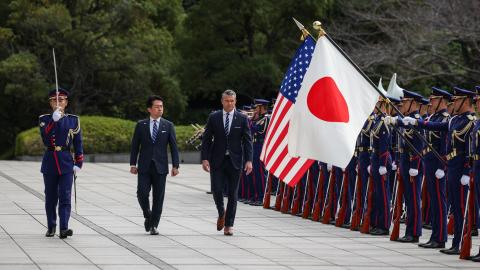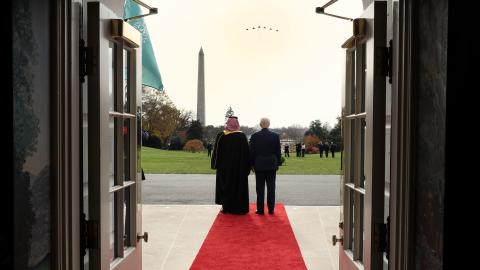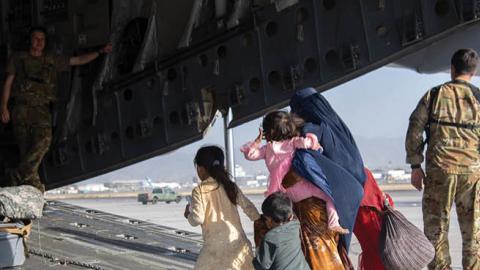The humiliating debacle in Afghanistan has many calling for a final U.S. withdrawal from the Middle East. Some are doves who fear another military intervention in the region. Others are hawks who want to shift U.S. attention to China. Both camps misunderstand the Middle East’s regional dynamics and its role in global affairs—the same mistake President Obama made 10 years ago during his “pivot to Asia.”
As the last U.S. soldier left Iraq on Dec. 18, 2011, the situation seemed stable. The Obama administration pitched withdrawal as the first step away from America’s long entanglement in the Middle East and toward greater engagement in Asia-Pacific. The idea was that diplomatic initiatives, regional trade deals and repositioned military assets would secure U.S. leadership in the fastest-growing and most dynamic region in the world.
Instead, Mr. Obama’s attempts to reduce America’s Middle East footprint ensured that the region would consume more American resources and lives during his second term. The Syrian civil war, which Mr. Obama was determined to avoid addressing, created a refugee wave that unsettled European politics, and Russia’s intervention turned the region into another front in the competition between the U.S. and its geopolitical rivals. Eventually Islamic State, which had been on the run in Iraq in 2011, gained enough strength to conquer Mosul, prompting Mr. Obama to send American troops back into combat in Iraq and Syria. The pivot to Asia had failed.
Read the full article in the Wall Street Journal

















